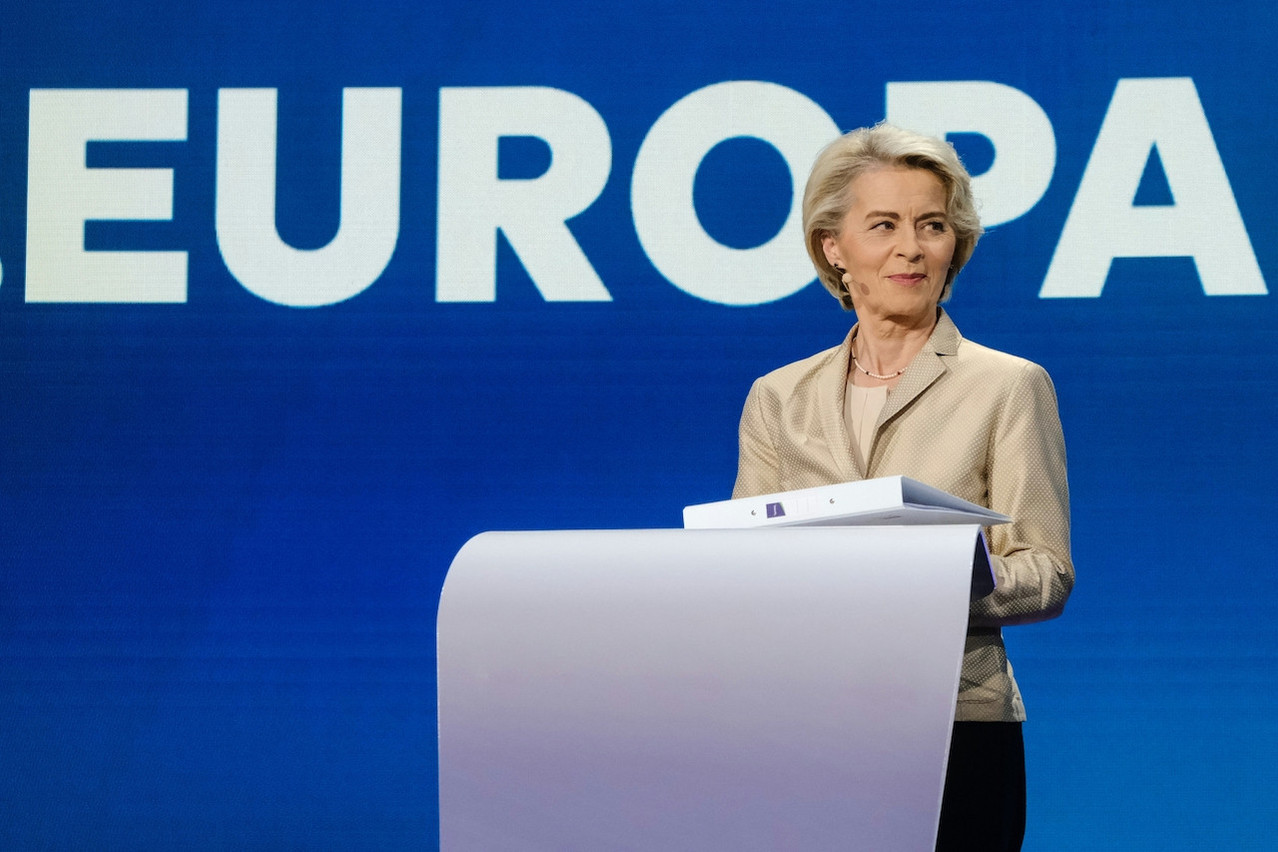Until 12 November, with the notable exception of the Hungarian commissioner candidate, all the European Commissioner candidates had been validated by MEPs. Some more successfully than others, such as (CSV/EPP).
Olivér Várhelyi had to wait. Viktor Orbán’s protégé, who was to have taken over the health and animal welfare portfolios, failed to convince MEPs, particularly on the animal welfare aspect. Following his hearing on 7 November, he was asked to answer additional written questions. These were postponed until the parliamentary groups had reached agreement on the appointment of the six executive vice-presidents. This decision was endorsed by the three majority group chairmen, Manfred Weber (EPP), Iratxe García (S&D) and Valérie Hayer (Renew), as each of the coalition parties wished to ensure that the political agreement reached between them was respected.
The majority right-wing MEPs (EPP), the Socialists (S&D) and the Liberals (Renew) were in favour of reducing Várhelyi’s portfolio to just health. Animal welfare issues could be entrusted to either Hansen or Belgium’s Hadja Lahbib, with the Renew group claiming this portfolio for one of its members.
Teresa Ribera and Raffaele Fitto in the hot seat
It was the hearing of the executive vice-president appointed by the Spanish government, the Socialist Teresa Ribera, who is close to prime minister Pedro Sánchez, that set things alight. The Spanish members of the EPP demanded that the potential commissioner for clean, fair and competitive transition appear before the Spanish parliament to explain her handling of the natural disasters that have occurred in Spain in recent weeks. Officially, according to the Spanish conservatives, this is to ensure that she bears no responsibility for the Valencia disaster before she is approved to head her portfolio. A request that constitutes a casus belli for the S&D Social Democrats. These Social Democrats have still not digested the dismissal of (LSAP) and are accusing Weber of “irresponsible behaviour.”
“The presidency of the EPP has just broken the political agreement reached between the pro-European and democratic forces in the name of the noxious agenda of the Spanish Partido Popular,” denounced the Social Democrat group in a press release published on 13 November. For the Socialists, the vote on the next college is now “in jeopardy.” All the more so since they are now making the retention of Raffaele Fitto, the commissioner appointed by Italian prime minister Giorgia Meloni as a vice-president of the commission, a red line. The same goes for reducing Várhelyi’s powers.
Ursula von der Leyen as judge of the peace
In an attempt to calm things down, the presidents of the three coalition groups were invited by Ursula von der Leyen to the headquarters of the European Commission on 13 November. The meeting failed to break the deadlock for the time being. S&D and Renew asked the president of the commission to reshuffle the portfolios of Fitto and Várhelyi, and Weber--suspected of preparing an alliance with the right-wing populist groups in the European Parliament--to calm his troops.
This article was originally published in .
